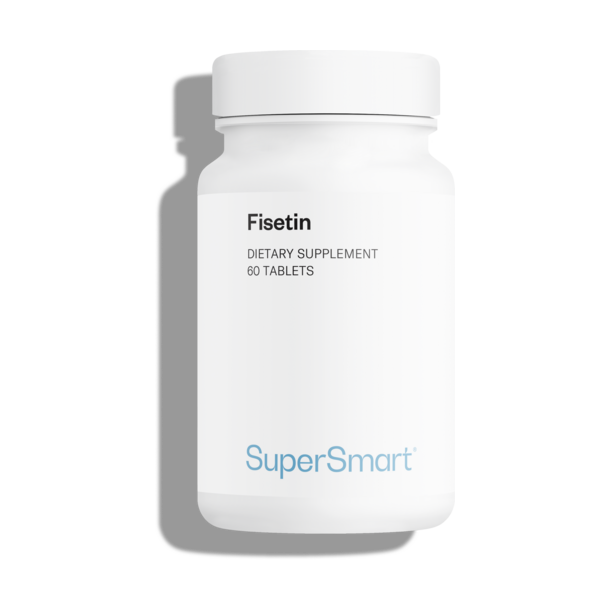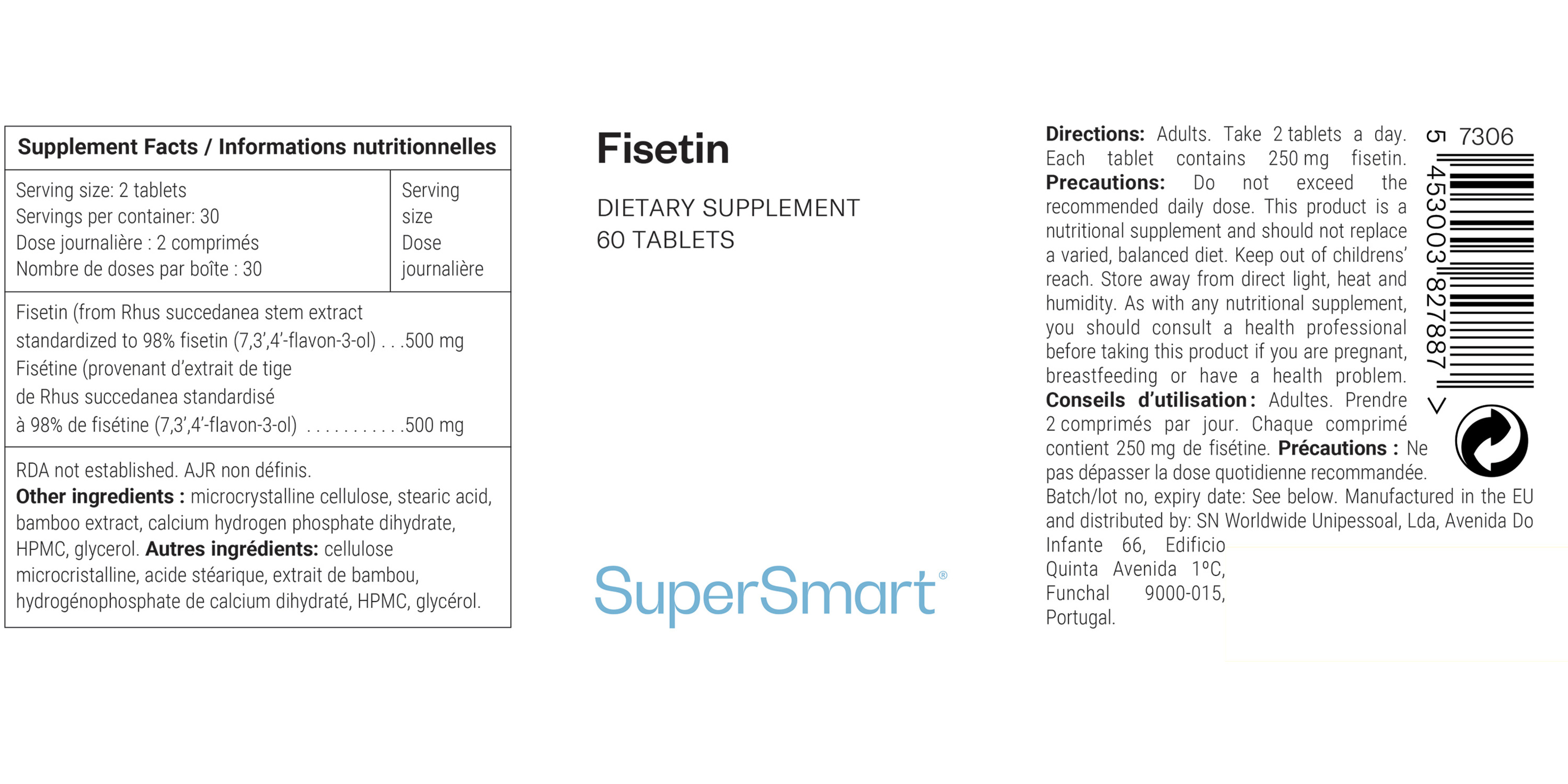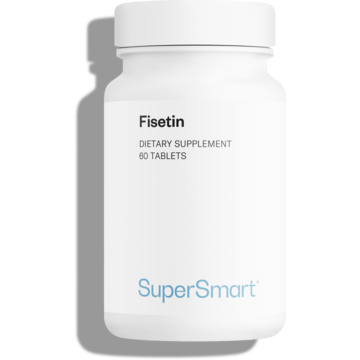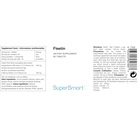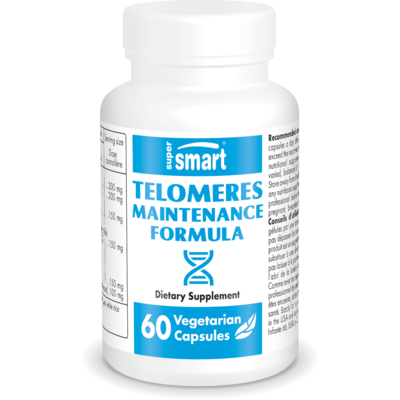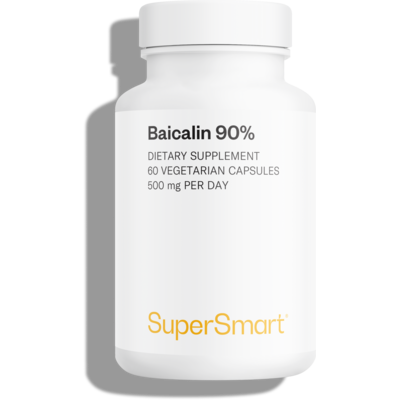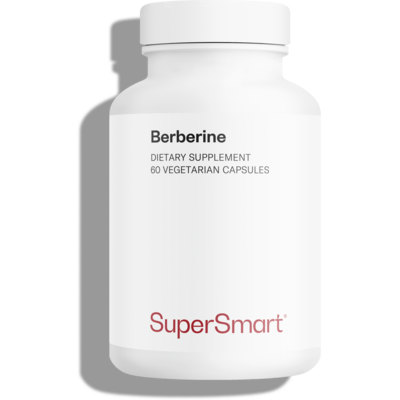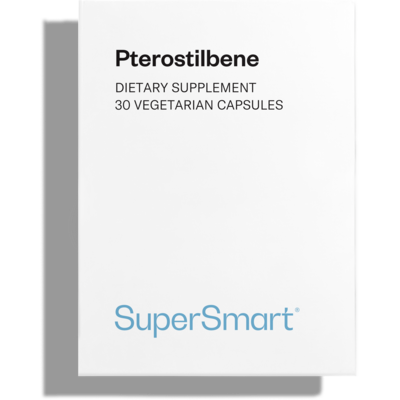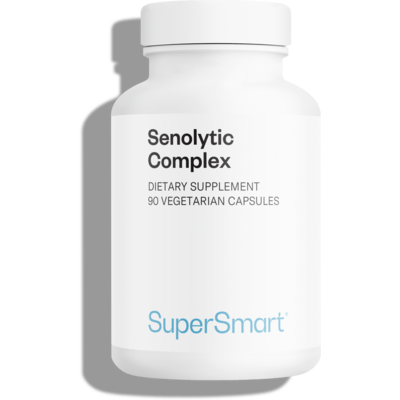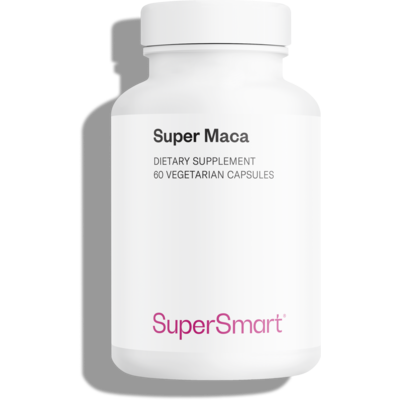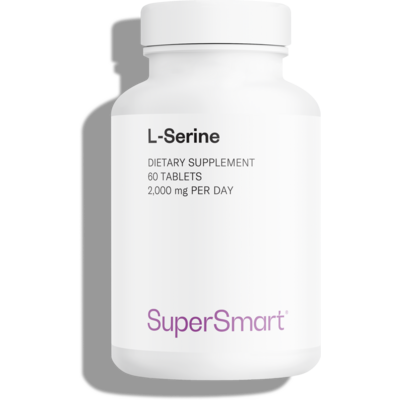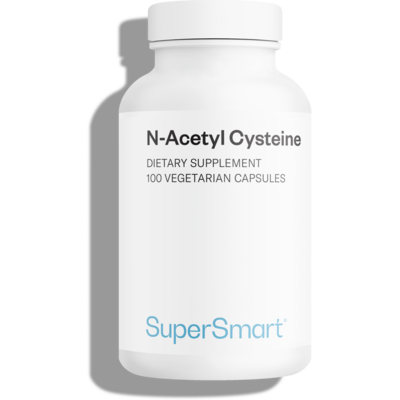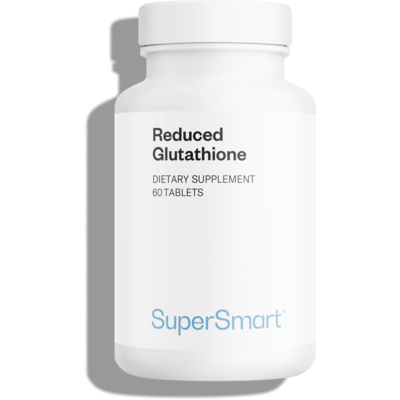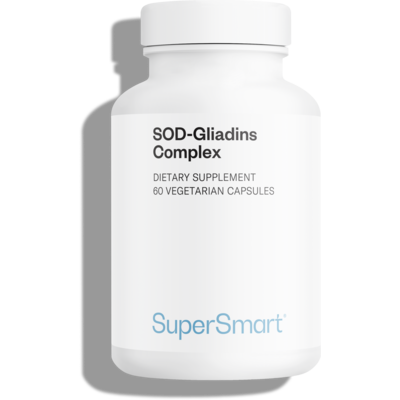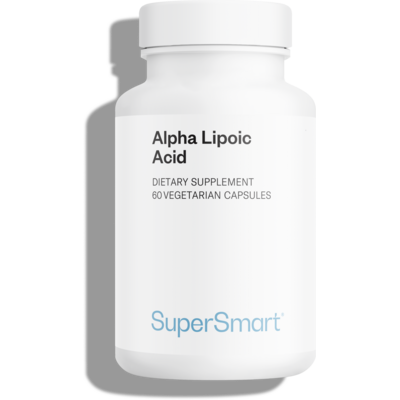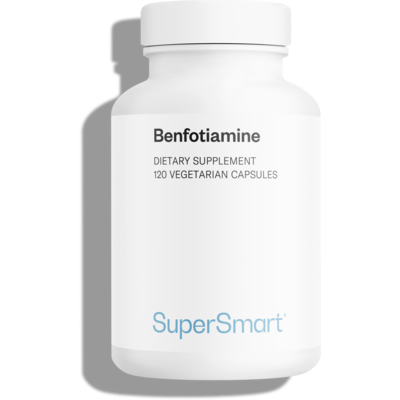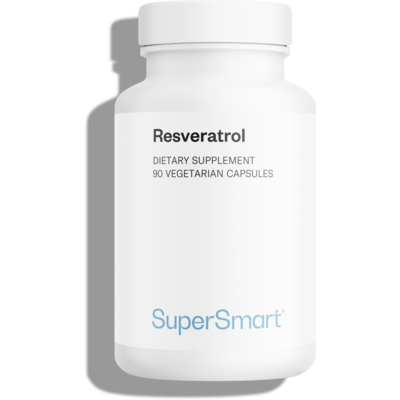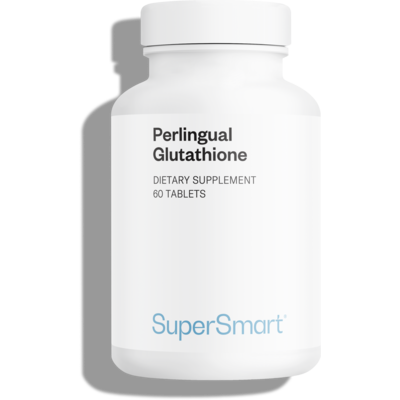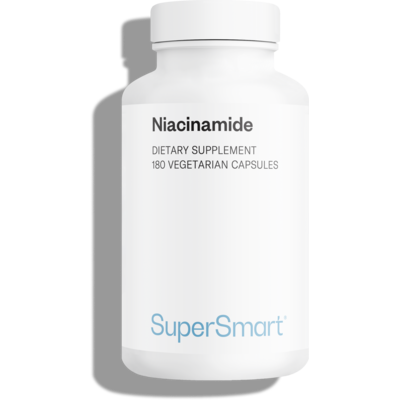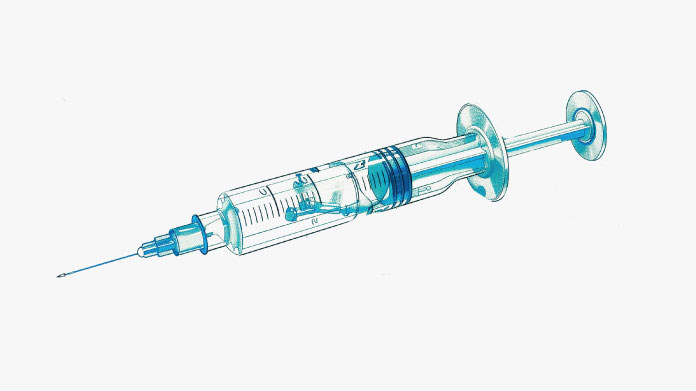Create Your Offer
Our Fisetin supplement is one of the most powerful senolytic supplements on the market. It is part of the large family of natural polyphenol antioxidants, which include quercetin, kaempferol, and myricetin.
It is designed to eliminate senescent cells scattered throughout the body – rogue cells that have stopped contributing to essential functions and induce nearby healthy cells to join in the dysfunction. Important scientific studies have shown that these senescent cells are directly linked to aging and decline.
Fisetin also helps activate autophagy. What is autophagy? It is the body’s mechanism for eliminating toxic elements that accumulate in cells. It was discovered by Professor Yoshinori Ohsumi, a finding for which he was awarded the Nobel prize in medicine in October 2016.
Autophagy literally means "self-eat." That might sound scary, but it positively affects the body, under the right conditions. Autophagy is actually a method of self-preservation used by the body to remove bad cells while recycling parts for cleaning and cellular repair. It is like your body hitting a reset button.
What is Fisetin?
Fisetin is a polyphenol found in fruits such as strawberries (160 mg/kg), apples (27 mg/kg), and persimmon (10 mg/kg), as well as in some medicinal plants. The benefits of fisetin include the inhibition of cell proliferation, neuroprotection, bone protection, and suppression of inflammation.
But its two most extraordinary properties are its ability to destroy senescent cells that pervade the body and aid in activating autophagy, which enables cells to devour their own waste products. Several studies have shown it helps extend longevity and reduce markers of senescence in humans.
Its hydrophobic nature means it easily penetrates cells via the cell membrane. It then encourages the self-destruction of abnormal cells (such as senescent cells) by activating various characteristic proteins.
One of its main advantages over other senolytics is its ability to reduce the proportion of senescent immune cells (T lymphocytes and NK cells). Since immune cells are themselves important for cleaning out senescent cells, this makes fisetin even more effective. This study highlights its senolytic properties and impact on longevity: Fisetin is a senotherapeutic that extends health and lifespan.
It also helps cells get rid of their toxic debris by eating them. This is the above-mentioned autophagy process. When this mechanism becomes disrupted – as a result of mutations, for example, it can lead to chronic health conditions and neurological problems.
People looking to slow the aging process, improve brain health, or boost the strength of bones often turn to fisetin for support. This well-researched supplement offers numerous benefits for the entire body.
The Link Between Fisetin and Aging
Fisetin is a rare product that acts on three key processes associated with aging: the increase in senescent cells, inactivation of the autophagy process, and the decline in neural communication. People looking to combat the aging process often turn to fisetin due to its well documented advantages.
How Senescent Cells Damage the Body and How Senotherapy Works
In 2014, there was a major scientific advance in the fight against aging: researchers identified totally depleted cells in the tissues of individuals over 40 years old.
Spread throughout the body’s tissues, these so-called senescent cells are defective, unable to fulfill their function. And, although they no longer work properly, they are not eliminated from the body and thus accumulate pathologically in the milieu, according to research.
Uncommon in young people, these senescent cells increase with age, particularly in adipose tissue, skeletal muscle, blood vessels, the brain, the kidneys, and skin.
Unfortunately, senescent cells do not simply stay-put; they also impede the activity of neighboring healthy cells by continually releasing proinflammatory substances (IL-1, IL-6, and IL-8), vesicles, and insoluble proteins (fibronectin, collagen) in the extracellular milieu.
But these substances do not just signal to other cells the advanced state of deterioration they are in; they affect the function of nearby healthy cells. And numerous studies have shown that the number of senescent cells in the body is directly linked to the aging process and the development of age-related health problems.
Even a low level of senescent cells is enough to wreak havoc in healthy tissue and trigger a number of age-related health problems.
That brings us to senotherapy, an early-stage research field looking into the development of therapeutic agents and techniques that will target cellular senescence. Fisetin supplements are one of the options that show great promise in combating the negative effects of senescent cells.
Using Senolytics to Destroy Senescent Cells
Normally, when stimulated by the appropriate trigger, cells self-destruct to avoid damaging the body. This is called apoptosis, or programmed cell death, but in the case of senescent cells, this mechanism does not work. Instead, they are left to parasitize the body and cause chaos all around them.
Fortunately, scientists have identified several compounds that are specifically able to repair this defective mechanism, thus reinstating appropriate self-destruction.
These extraordinary substances are called 'senolytics' and fisetin is the most powerful one. It enables the selective destruction of senescent cells in order to limit the severity of age-related diseases, increase resilience and longevity, and delay the effects of aging. It essentially provides complete clean-out benefits, allowing healthy cells to wrest back control and restore full function to the body.
Leveraging Autophagy To Prevent Healthy Cells From Turning Into Senescent Cells
A young, healthy cell is able to digest part of its contents – proteins, cell debris, and microorganisms – if those contents impair its ability to function. This voluntary breakdown is called autophagy, and autophagy benefits include both the cleansing and recycling of senescent cells.
"This process is very important because if the cell is unable to self-clean, debris will accumulate," explains Isabelle Vergne, a scientist at the French National Center for Scientific Research (CNRS) who studies autophagy. She adds that, "if the process is unregulated," it could lead to a number of health problems.
And according to Professor Ioannis Nezis of Warwick University in the UK, researchers are trying to "understand why this process declines with age and to find innovative ways of activating it in order to maintain our cells in a healthy state for longer and to be able to live a better, longer life."
Professor Ohsumi, a recipient of the Nobel prize for medicine in 2016, succeeded in identifying the genes necessary for this and showed that in certain age-related conditions, it is necessary to stimulate or even reactivate the autophagy process to help cells get rid of the protein aggregates that accumulate in them.
Fisetin is one of the substances that can stimulate autophagy, and SuperSmart’s formula is standardized to 98 percent purity, making it one of the best fisetin supplements available.
Additional Fisetin Benefits
Fisetin supplement benefits go on. Among anti-aging supplements, few can compete with the number of benefits and qualities that studies show fisetin offers. Not only does it appear to kill off senescent cells and combat aging naturally; it can also be used to promote brain health and help preserve memory function. Here are a few specific ways fisetin helps boost your overall health:
Promotes Neuron Survival and Overall Brain Health
The brain is the most complicated organ in the body, but it is also one of the most difficult to maintain, especially as you get older. Studies show that brain volume and weight decline by about 5% each decade after the age of 40, with the largest decreases happening after age 70.
As brain health declines, it is possible to encounter several health issues, including neurodegenerative diseases, strokes, and Parkinson’s disease. Neuron survival is the key to promoting better brain health.
This study shows that fisetin supplements can act as substitutes for neurotrophic factors. While some cells normally die within 24 hours, when fisetin is introduced, those cells may survive longer and produce long neurites. That same study indicates that fisetin enhances glutathione synthesis and increases proteasome activity. In essence, Senolytic supplements are the ultimate brain health supplements.
Supports Memory Functionality
Numerous studies have shown fisetin helps improve memory and concentration, protect neurons, and promote their growth. Able to cross the blood-brain barrier, fisetin encourages neural communication in the hippocampus, the area of the brain associated with long-term memory.
Strengthens Bones in Those Aged 50 and more
As the body gets older, bones begin to weaken naturally. Scientists are investigating fisetin’s potential for combating osteoporosis, a problem that affects more than 10 million Americans. This bone disorder significantly increases the risk of fractures and impairs the quality of life of those affected. And since conventional treatments often have adverse side-effects, natural alternatives have been well researched.
Studies show fisetin may act on bone remodeling, the result of activity by osteoblasts – bone-forming cells – and that of osteoclasts – bone-resorbing cells. In osteoporosis, an imbalance between the activity of these two types of cells gradually leads to an inadequate level of bone mineral density and changes in the microarchitecture of the bones. But fisetin has the ability to recalibrate bone remodeling by stimulating osteoblasts and blocking differentiation caused by osteoclasts’ activities.
In addition to aging, bone loss may stem from poor nutrition, immobility, certain medical procedures, and reduced lean body mass. Chronic inflammatory conditions are often associated with bone loss as well.
WARNINGS
Do not exceed the recommended daily dose. This product is a nutritional supplement and should not be used as a substitute for a varied and balanced diet or a healthy lifestyle.
STORAGE
Store in a cool, dry place away from direct sunlight, heat, and humidity. Keep out of reach of children.
PREGNANCY AND MEDICAL CONDITIONS
If you are pregnant, breastfeeding, or have any medical conditions, consult your healthcare provider before using this product.
SUPPLEMENT INTERACTIONS
Consult your healthcare provider before use, especially if you are taking any medications or other supplements as there may be potential interactions.
september 16 2022
Too soon to tell but to know you have what could be the future of mind,body,health and longevity it’s a very exciting journey to embark.
january 2 2022
I got exactly what I expected and paid for in a timely fashion. Price point could be lower. The 500mg dose is very convenient.
Need Help?
Phone Number
+1 (786) 522-3907
From 9 am to 6 pm (EST)
Email Address
You May Also Like

